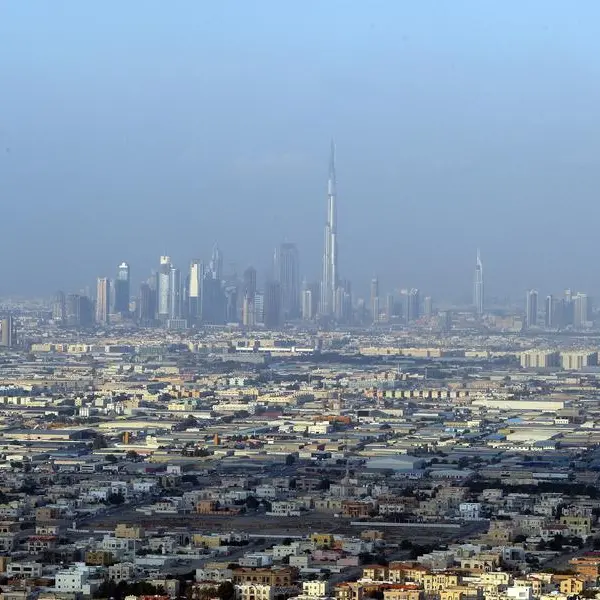RIYADH, April 21 (Reuters) - U.S. President Barack Obama aired his human rights concerns with Saudi Arabia's King Salman on Wednesday, but his talking points on that subject are expected to be get less attention when he meets Gulf Arab monarchs on Thursday.
Activists have urged the American leader to push Saudi Arabia over its human rights record, but the region's many geopolitical crises are likely to dominate a summit already overshadowed by strained ties between Washington and the Gulf.
The president, who arrived on Wednesday, hopes to allay Gulf countries' fears over Iranian influence and encourage them to try to douse sectarian tensions in the region in an effort to confront the threat posed by Islamic State.
Most of the Gulf Arab monarchies have in private been sorely disappointed by Obama's presidency, regarding it as a period in which the United States has pulled back from the region, leaving space for their archrival Iran to expand its influence.
Human rights have not figured high on the list of issues straining the relationship. But Saudi Arabia has increasingly chafed at what it sees as a campaign of vilification by Western media, think tanks and rights groups.
Rob Malley, Obama's adviser on the Middle East, said rights issues would be raised, and deputy national security adviser Ben Rhodes met human rights advocates at the White House just before the Riyadh visit to hear their concerns.
During a two-hour meeting on Wednesday with the Saudi king and a group of top princes, Obama expressed his broad concerns about human rights issues, the White House said, without listing specific cases.
But early signs were that disagreements over human rights would be relegated to the margins of Thursday's talks.
Obama has spoken of his desire to persuade Gulf states to arrive at a "cold peace" with Iran to ease sectarian tensions and allow all sides to focus on what he sees as a greater threat emanating from Islamic State.
IRAN SEEN AS THREAT
On Thursday, he will attend a summit of the Gulf Cooperation Council, which groups the monarchical states of Saudi Arabia, Kuwait, Qatar, Bahrain, the United Arab Emirates and Oman.
Apart from Oman, they are ruled by Sunni Muslim dynasties that see revolutionary, Shi'ite Iran as a threat to their security and say its involvement in Iraq, Syria, Lebanon and Yemen has fuelled conflict and deepened sectarian divisions.
The White House shares the view of Gulf Arab states that Tehran plays a destabilising role. But its willingness to enter a nuclear deal between Iran and world powers last year caused fears in Riyadh that Washington was not listening to Gulf Arab concerns.
Riyadh has come under fire in Western countries for its restrictions on women, suppression of freedom of expression, strict blasphemy rules and a judicial system that applies Islamic law and frequently beheads convicts.
Rights groups are also pushing for Obama to press Saudi Arabia to end the war in Yemen, for which peace talks are due to take place in Kuwait this week, and where air strikes by a Saudi-led coalition have killed many civilians.
"I urge you to take this final opportunity to speak out publicly on human rights issues inside the (Saudi) Kingdom," Elisa Massimino, president of Human Rights First, a U.S. monitoring and activist group, wrote in an open letter.
Saudi Arabia has said other countries should not interfere in its domestic affairs by criticising its human rights record. It insists its Islamic legal system is its own business and that its courts are fair and independent.
It says the war in Yemen was in support of its internationally recognised government and aimed at restoring stability. It says it has taken great care to avoid civilian casualties.
(Reporting by Angus McDowall and Roberta Rampton; Editing by Andrew Roche and Peter Cooney) ((angus.mcdowall@thomsonreuters.com; Reuters Messaging: angus.mcdowall.thomsonreuters.com@reuters.net))
Keywords: USA GULF/OBAMA




















